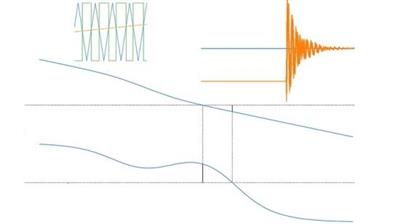
MP4 | Video: h264, 1280x720 | Audio: AAC, 44.1 KHz, 2 Ch
Genre: eLearning | Language: English + srt | Duration: 140 lectures (33h 8m) | Size: 9.94 GB
Current control analysis and design using open source tools for power engineering applications
What you'll learn:Basic grid computations such as frequency estimation
Basic control theory
Introduction to python-control package
Transfer function representation for a system
Closed loop systems, feedback paths and controllers
Using Bode Descriptions to interpret system transfer functions
Stability analysis through Bode Descriptions
Reference frame transformation
Controller design through Bode Descriptions
Simulation of controlled systems using Python
Basics of single phase converters
Switching control strategies for single phase converters
Controller design for a grid connected converter
RequirementsBasic electrical engineering network laws
Laplace transform and frequency response of systems
Simulating circuits using Python Power Electronics
Basic Python, Numpy and MatDescriptionlib
DescriptionIn this course, you will learn how to use Python to represent a converter connected to a grid as a closed loop transfer function. Using Python packages, controllers can be designed and the behaviour of the final closed loop system can be analyzed for steady state performance and stability. Analytical results will be verified using simulations performed using Python. This course is primarily for power electronics engineers who have been struggling to implement controllers for their converter systems as most of the controls courses do not have any specific relevance to power electronics. This course is a controls course created by a power electronics engineer for other power electronics engineers. All software used in the course are free and open source and therefore students do not need to purchase any software licenses after enrolling for the course. The course will describe in depth the Python functions and packages that can be used for control systems design and analysis.
To make this course useful for students of every background, including working professionals, the mathematical content in the course has been kept to a bare minimum and the focus is on providing solutions that can be used in projects. The course will describe theory using simple examples as far as possible in order to make the theory behind all analysis easily understandable.
Who this course is forUndergraduate and graduate students of electrical and electronics engineering
Technicians and hardware engineers in the power engineering domain
Download link:
Só visivel para registados e com resposta ao tópico.Only visible to registered and with a reply to the topic.Links are Interchangeable - No Password - Single Extraction

